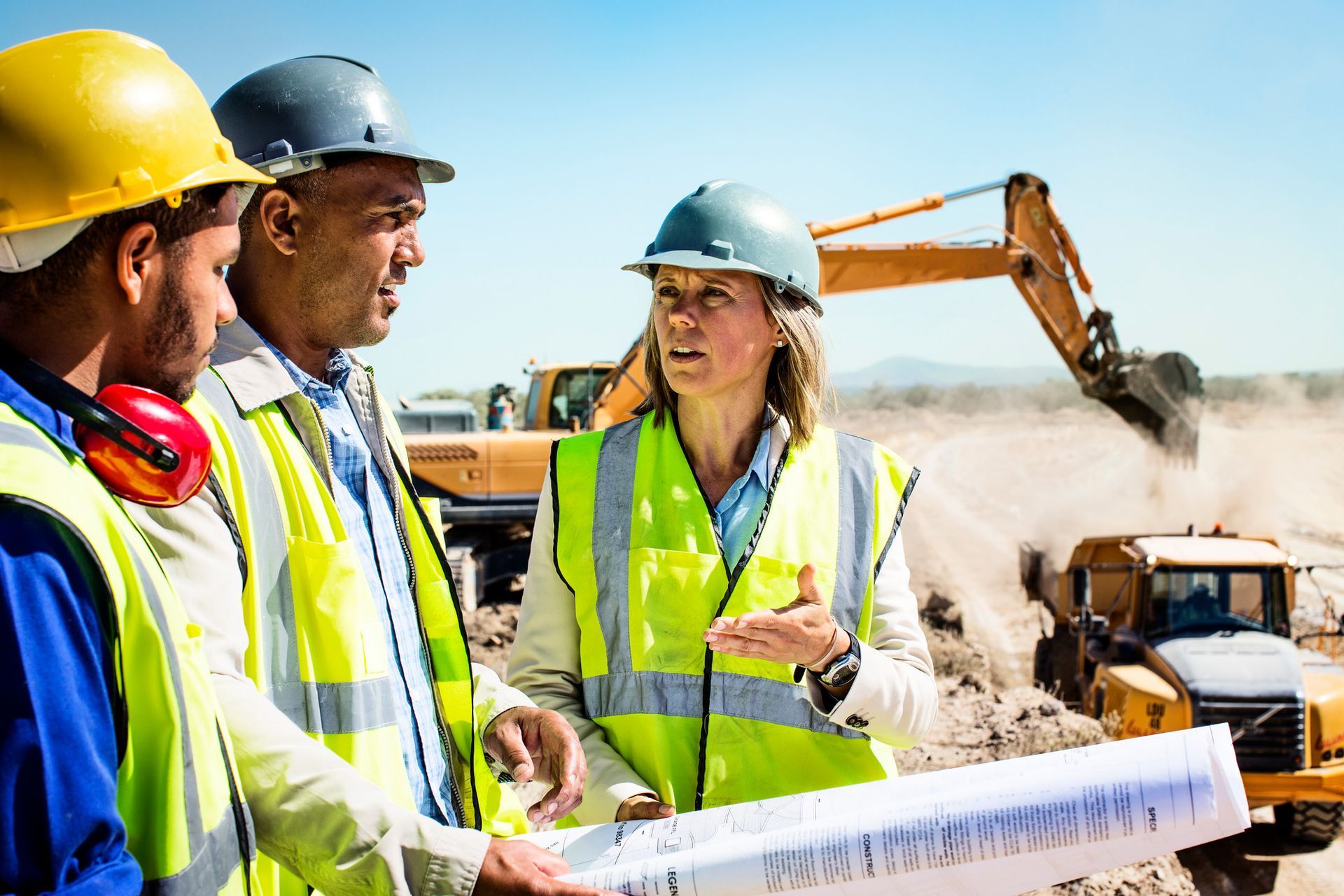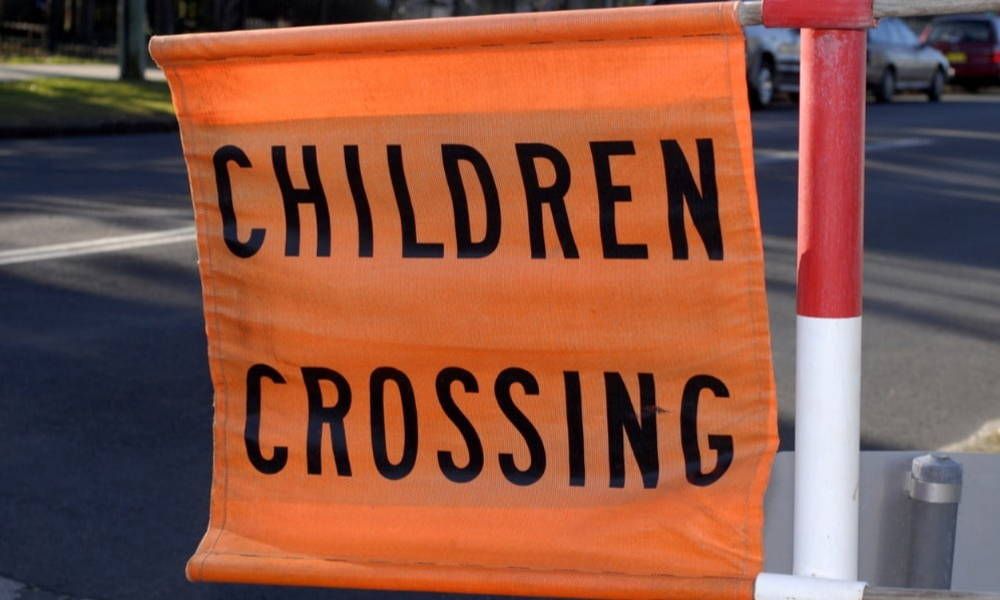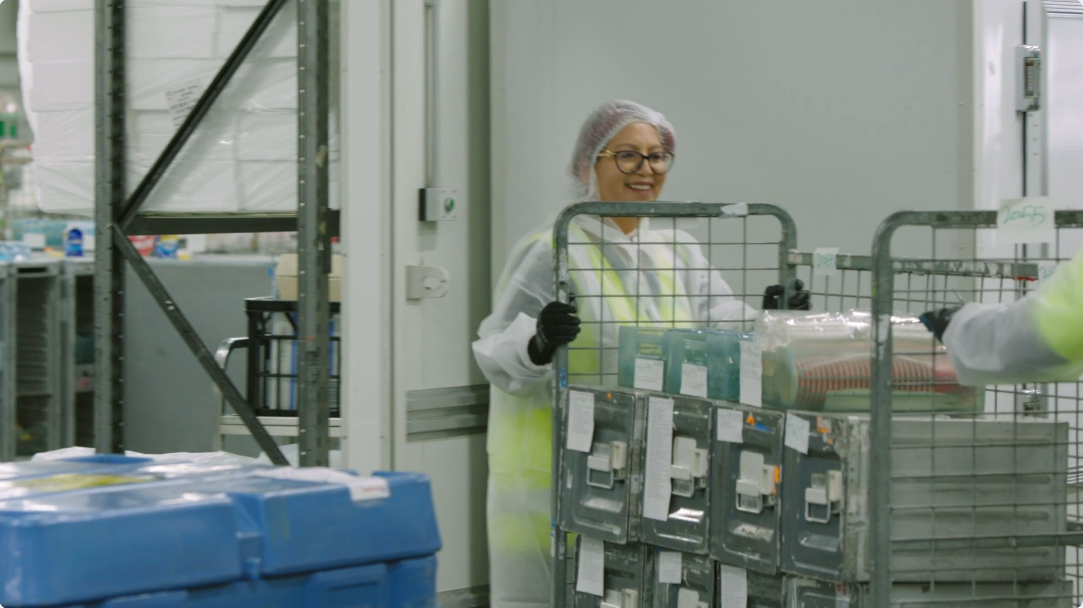Since its founding in 1959, Chandler Macleod has witnessed remarkable transformations in the landscape of diversity, equity, inclusion, and belonging (DEIB) within the recruitment industry. This evolution reflects broader societal shifts, changes to legislation, and corporate commitments that have collectively transformed how organisations approach their workforces. From early migration waves in Australia to contemporary DEIB initiatives, the landscape has evolved dramatically, enriching workplaces and driving business success.
The Early Stages of Diversity
In the late 1950s and 1960s, Australia’s workforce was predominantly homogeneous, with a strong emphasis on male-dominated roles and limited representation of women, Aboriginal and Torres Strait Islander peoples, and ethnic minorities. The post-World War II migration waves began introducing new cultural backgrounds into the workforce, but professional roles remained largely unrepresentative of the broader population. This period was characterised by a lack of formal diversity strategies and an emphasis on maintaining a culturally uniform workforce.
Legislative Progress and Gender Equality
The 1980s marked a pivotal shift with the introduction of the Sex Discrimination Act in 1984. This legislation was a significant milestone, prohibiting discrimination based on sex, marital status, or pregnancy and laying the groundwork for greater gender equality in the workplace. Despite these advancements, gender parity remained a challenge, with ongoing disparities in representation and pay. This era saw the beginning of more structured efforts to enhance female workforce participation, though progress was incremental.
Embracing Cultural and Global Diversity
The turn of the millennium brought increased globalisation and more inclusive immigration policies, which further diversified Australia’s talent pool. This period saw organisations starting to recognise the value of cultural diversity not just as a moral imperative but as a business advantage. Companies began integrating diversity and inclusion into their core strategies, understanding that a varied workforce could drive innovation and provide a competitive edge. The focus broadened from mere representation to creating inclusive environments that welcomed diverse perspectives.
A Focus on Inclusion and Equity
In recent years, the DEIB focus in Australian workplaces has expanded to encompass a broader range of issues, including disability rights, LGBTQ+ inclusion, and Aboriginal and Torres Strait Islander employment initiatives. DEIB strategies now prioritise not only attracting diverse talent but also ensuring that all employees feel included and supported throughout their careers. This period has also seen the implementation of various initiatives aimed at addressing unconscious biases, gender pay gaps, and leadership representation disparities.
Chandler Macleod’s DEIB Initiatives: A Case Study
As a leading recruitment agency, Chandler Macleod exemplifies how commitment to DEIB can drive tangible results. Our dedication to creating an inclusive workplace is reflected through numerous programs and initiatives, including:
No Glass Ceiling Project: Targeting women over 45 in Victoria facing issues returning to the workplace, this program successfully placed 195 women into long-term employment.
Launch into Work: Helps women transition into sustainable employment in non-traditional roles, such as civil construction in the renewable energy sector.
Solid Start: Providing Aboriginal and Torres Strait Islander people with a strong foundation for launching their careers.
Menstrual & Menopause Policy: Supports women through various life stages, ensuring they have the necessary resources to thrive at work.
These initiatives have successfully placed countless women, individuals with disabilities, culturally and linguistically diverse people, and Aboriginal and Torres Strait Islander peoples into roles that were traditionally dominated by white men. Additionally, they have earned recognition for the organisation's strong commitment to DEIB and its role in setting high standards in the talent acquisition industry.
The Future of DEIB in Recruitment
As we look to the future, the evolution of DEIB in recruitment will continue to be shaped by technological advancements and demographic shifts. Organisations that view diversity as both a moral imperative and a strategic advantage will be better positioned to attract top talent, drive innovation, and navigate global complexities. The ongoing challenge will be to sustain momentum, address persistent barriers, and continuously adapt to the evolving needs of a diverse workforce whilst maintaining a values-based recruitment methodology.
The evolution of diversity, equity, inclusion, and belonging (DEIB) in recruitment has transformed from minimal representation to a strategic focus on inclusivity. Legislative milestones, cultural shifts, and corporate initiatives have collectively fostered a more equitable and diverse workforce. While we acknowledge that there is still significant work to be done, we look forward to partnering with businesses that are eager to lead the way in DEIB.
Join us in shaping the future of DEIB in recruitment, where every individual's unique background and perspective are not only valued but essential for achieving excellence and driving innovation.













